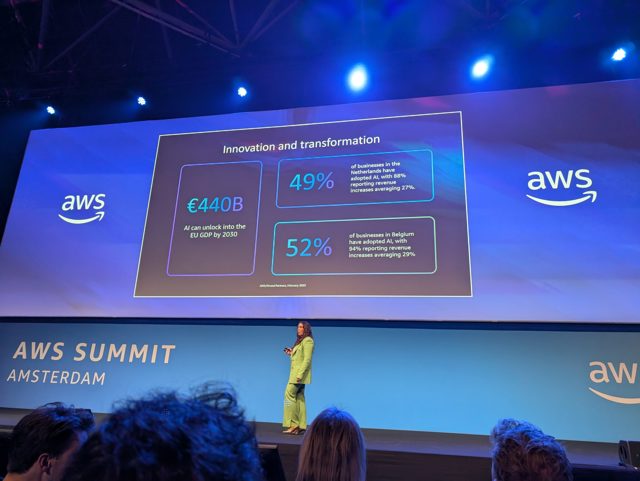< Back to news 


19 June 2024
Guiding the Digital Future: Insights from Joris van Hoboken
As we move deeper into a digital era, platforms like Facebook and X have significantly reshaped our society. The advent of quantum technology is poised to bring even more profound changes. This raises an essential question: how do we safeguard citizens' rights and democratic interests amidst rapid technological advancements? Joris van Hoboken, a professor of Information Law with a focus on digital infrastructure, aims to explore this issue extensively over the coming years.
Information Law in a Digital Age
Information law, influenced by rapid digitalization, addresses issues like disinformation on social media, internet user privacy, and the power of big tech companies. Van Hoboken emphasizes that managing information based on democratic principles is vital as technology evolves.
Democratic Values Under Pressure
The law protects democratic values such as freedom of expression and social participation. However, these values are increasingly under threat as big tech companies dominate social interactions and information access. Van Hoboken argues that society must be involved in shaping technological advancements, not just corporations and governments.
Proactive Measures and Regulation
Van Hoboken notes that discussions about AI's societal impact began in the 1960s. However, a lack of awareness often prevents proactive measures. Lawyers and researchers may foresee technological implications, but translating this knowledge into action requires the involvement of society, businesses, and political leaders. Since 2015, the EU has implemented regulations like the Digital Services Act and the Digital Markets Act to counterbalance the influence of major digital platforms. Van Hoboken’s research, including his ‘DSA Observatory’ project, examines these regulations and their enforcement. Additionally, law is strategically used to maintain power dynamics, such as Western governments tightening export rules to prevent China from dominating the quantum technology market.
Challenges of Quantum Technology
Quantum technology introduces new challenges, such as privacy concerns with advanced sensors. Ethical use of such technology is crucial. Quantum computers, capable of decrypting secure communications, threaten current encryption methods. Governments are developing post-quantum encryption to ensure these advancements benefit society.
Published by the UvA.
Vergelijkbaar >
Similar news items

April 16, 2025
AWS: Dutch businesses are adopting AI faster than the European average
New research from AWS shows that Dutch businesses are rapidly adopting AI—at a rate of one new implementation every four minutes, well ahead of the European average.
read more >

April 16, 2025
Submit your nomination for the Dutch Applied AI Award 2025
Do you know or develop an innovative AI application? Submit it now for the 2025 Dutch Applied AI Award, presented at the Computable Awards.
read more >

April 16, 2025
UK government tests AI to predict murders
The UK government is developing an AI system that could predict who is most likely to commit a serious crime. Critics call the project dangerous and discriminatory.
read more >